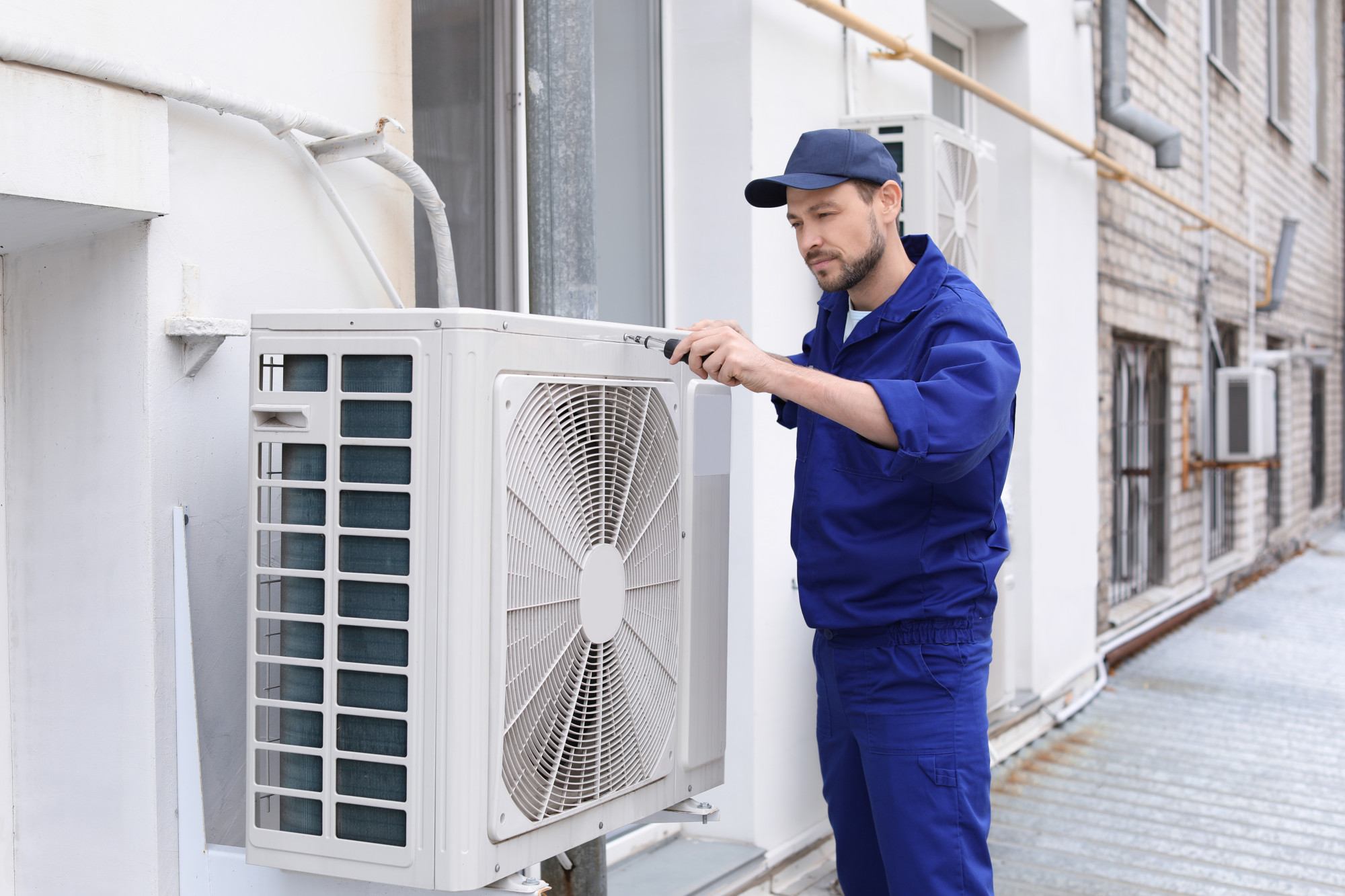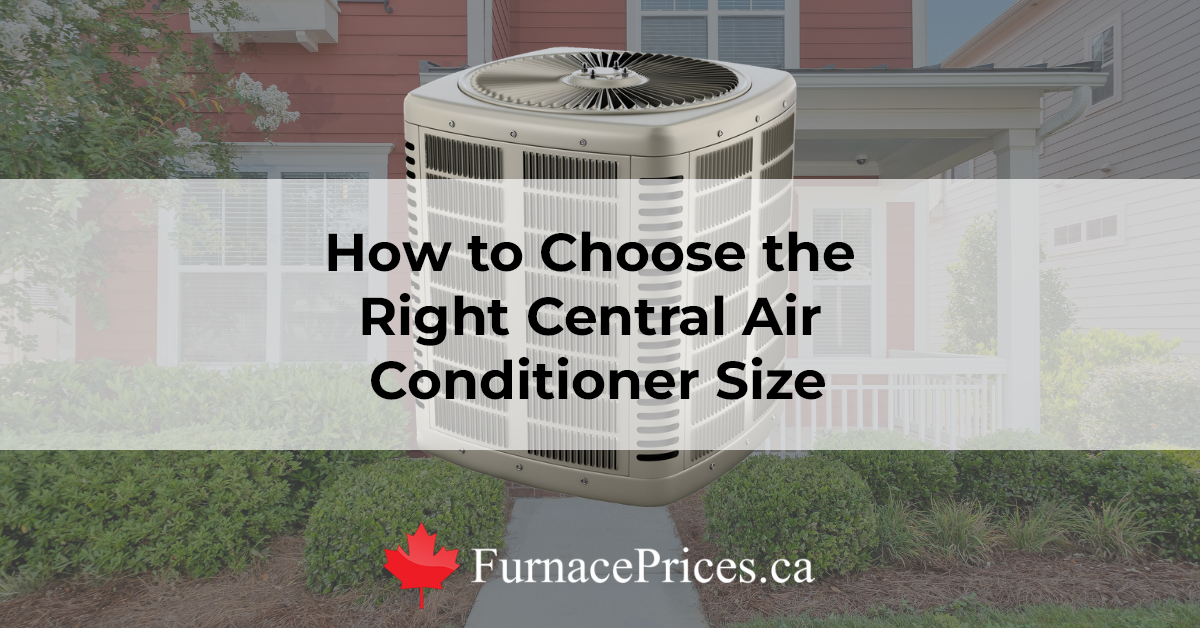Signs Your Central AC Unit Needs Attention
- Warm air blowing from the vents/air handlers
- Refrigerant leak
- Irregular/frequent cycling
- System running constantly
- Poor airflow
- Strange noises
- Increasing energy bills
- Bad odours like mold or burning
- Moisture around the system
- Frozen coils
- Increasing humidity
Evaluating the Condition of Your Central AC Unit
- Is blowing out hot air
- Isn’t making any strange sounds
- Doesn’t have frost buildup on the coils
Repair or Replace Your Air Conditioner? Factors to Consider
- What part of the system is broken
- How old the A/C is
- How much it will cost to do repairs
- The efficiency of your current system
- Noise and humidity levels
- The unit’s location
- How long you plan to stay in the house
Video: Repairing vs. Replacing Your Old A/C
Basic A/C Anatomy: What Part Is the Problem?
Repair Costs
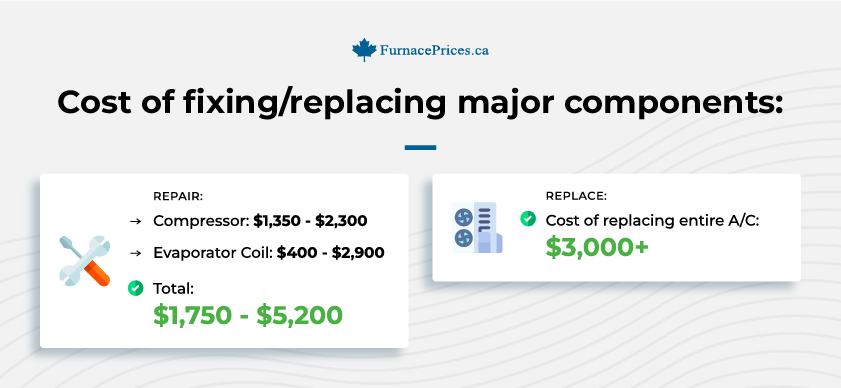
Age of Your Unit
- Communicating capabilities
- Wi-Fi connectivity
- Better noise-reducing features
- Other cool technologies
Current Efficiency and Energy Bills
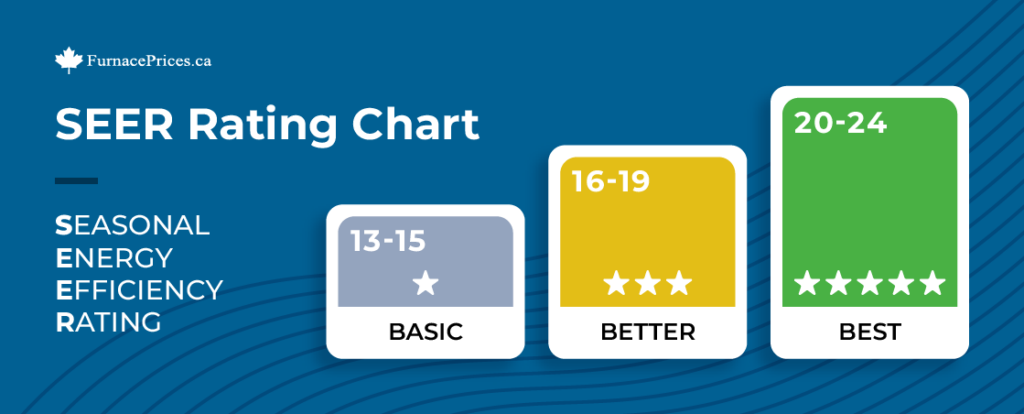
Humidity Levels
Noise Level
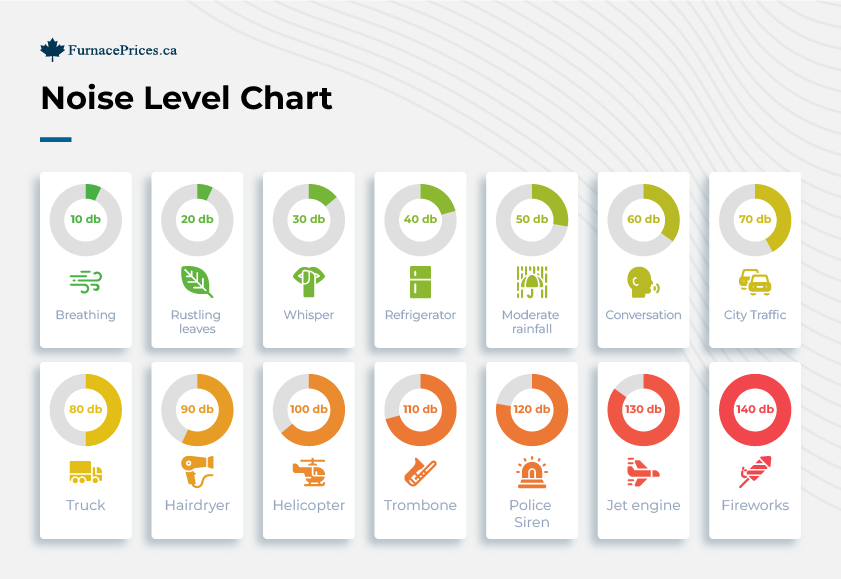
Get Quotes
How soon are you looking to buy?*



Unit Location

Your Personal Timeline (Are You Moving Soon?)
Environmental Considerations
Benefits of Repairing Your Central AC Unit
- Repairs are often cheaper than a full replacement
- You don’t have to worry about upgrading ductwork or other infrastructure
- Potential for extending the unit’s life expectancy
- No disruptive installation process
- Save on installation fees
- Requires less energy and fewer resources than a full replacement
- Potential for improved efficiency and air quality
Benefits of Replacing
- Higher efficiency rating
- Quieter operation
- New features/technologies
- Moving the unit to a more convenient location
- Getting to address systemic problems in your home’s cooling system
- Fresh warranty coverage
Consultation with HVAC Professionals
Learn More About Central AC Replacement
Conclusion: Deciding Whether to Repair or Replace Your Air Conditioner
FAQ
Is it worth fixing a 20-year-old AC unit?
Why do AC repairs cost so much?
How often do central air conditioners need maintenance?
Get Quotes
How soon are you looking to buy?*






